Revisiting Star Wars Episode II: Attack of the Clones
[dropcap]A[/dropcap] ttack of the Clones (2002) was the first Star Wars picture I saw at the cinema. Despite being largely considered ‘Worse than The Phantom Menace’, there is no doubt it had a profound effect on my love for film, the franchise and in shaping the person I am today. I recall, at seven years of age, lightsaber in hand; queuing up for the next chapter of something I was already deeply emotionally invested in.
But re-watching it in lieu of The Force Awakens (2015) is like realising your childhood heroes are flawed individuals. Attack of the Clones misses every opportunity to be brilliant. Plagued with poor writing, unimaginative direction and truly disappointing acting; it is unsurprisingly relegated to bottom of the pile. Albeit heavy-handed character arcs or frivolous action, it sacrifices all humanity and heart — traits that I feel define the best of the Star Wars universe. Its overindulgence in CGI is equally problematic; dating the film greater than its spritely thirteen years would have you believe.
In fact, reflecting on what the film does well proves exceedingly difficult. It has a remarkable ability to feel like a lot transpires: new characters and set-pieces give the allusion of movement — as well as the ability to flog more merchandise — yet it offers no real progression in plot or character. The film loosely accounts for the start of the Clone Wars, building upon Palpatine’s transition to Emperor and Anakin’s flaky relationship with the Jedi Order. But for the most part, Attack of the Clones drags.
In fact, reflecting on what the film does well proves exceedingly difficult. It has a remarkable ability to feel like a lot transpires … yet it offers no real progression in plot or character.
Indeed, the most immediate though upon re-watching Clones is its obsession with politics. It devotes an overwhelming amount time to bureaucratic affairs. Did we really need three films of Galactic Senate meetings to convey the rise of Evil? It doesn’t provide useful exposition for the plot, nor soothing relief in between action. It’s merely filler. In Clones, we see the Sith play both sides — Count Dooku coercing the Separatists and Chancellor Palpatine pushing the Senate. But the anxiety and impact of such a move is non-existent. It’s too dull for children to enjoy and it’s not enough for adults to invest in. Hell, it’s hard to feel any concern for the likes of Bail Organa or Nute Gunray when they feel like entirely expendable characters.
This inherent lack of continuity and characterisation dominates Clones. Lucas makes it hard to sympathise with anyone, or anything for that matter.
Worse still, the moments of genuine intrigue seem wasted. The conspiracy regarding the Clone Army and a burnt paper-trail in the Jedi Archives has a whiff of Film Noir, yet it’s discarded almost immediately. There is no investigation into why a Jedi commissioned such an army, nor does anyone find it remarkably odd to use an army no-one ordered. Anakin’s seduction to the Dark Side is equally fallible to this. The sequence where he massacres Tusken Raiders could have been a defining moment for the prequels. It reveals his aggressive and possessive instincts — a penchant for the Dark Side in lieu of his late mother — but the character developed up until that point is so unbearable, that the scene carries no weight.
This inherent lack of continuity and characterisation dominates Clones. Lucas makes it hard to sympathise with anyone, or anything for that matter. Jar Jar Binks declares Emergency Powers to the Chancellor, instigating a Galactic Civil War — whilst the most powerful Jedi in history, the so-called ‘Chosen One’, enjoys a picnic on Naboo. That is, quite simply, the resolve of the film. It seems that the transition into Vader — which for many was the purpose of such prequels — hangs like an awkward after-thought. It leads to clunky dialogue and abrupt decisions. No doubt the original trilogy triumphed because of relatable characters in an un-relatable universe. Laurence Kasdan crafted on-screen chemistry with Han and Leia in Empire Strikes Back (1980): a romance that blossomed in the darkest of times. In Clones, we see parallels, a vague attempt to find love in a hopeless place — but jumping from the infantile: ‘Are you an angel?’ in The Phantom Menace (1999) to ‘I’m haunted by that kiss you should never have given to me’ leaves a weird aftertaste. The relationship between Anakin and Padmé is simply not believable — and with fireplace passion to boot — it’s not a comfortable watch.
Nor are its whimsical action sequences. Clones has not aged well; its combat is excessive and CGI in place of thoughtful spectacle feels shallow. Nothing comes close to that opening shot of A New Hope (1977) and the whole film is tinged in a strange digital processing, with every shot leaning upon once state-of-the-art technology to construe meaning. Its visual style is jarring; jumping between mind-numbingly fast edits and poorly constructed backdrops. Equally, if viewing it as sophisticated political drama, it feels ill-conceived. The plot is malnourished, dragging its feet for the two hour running time. It’s hard to care for characters and their meandering problems, nor accept a clumsy Gungan quite literally changing the fate of the Galaxy forever. As for its performative value? Bar a few commendable efforts, Ewan McGregor and Christopher Lee do especially well given the material handed to them, it’s a challenging experience. Hayden Christensen’s insufferable moaning is both coarse and irritating — and now immortalised in filmic canon as the precursor to one of the greatest on-screen villains.
Above all else, re-watching Attack of the Clones, is a conflicted experience. If one takes nostalgia out of the equation, it deserves a thousand years in the digestive transit of the Great Sarlacc. It is a wholly misguided and confused picture –– failing to ascertain substantial plot or spectacle. But by the same token, I find it hard to scoff at a movie that for better of for worse, shaped my relationship with cinema. My cynical, adult self will never forget that unobtainable sense of escapism I enjoyed as a child. For that reason, and with an internal grimace, I might just dig out my lightsaber for an IMAX Anniversary Cut.
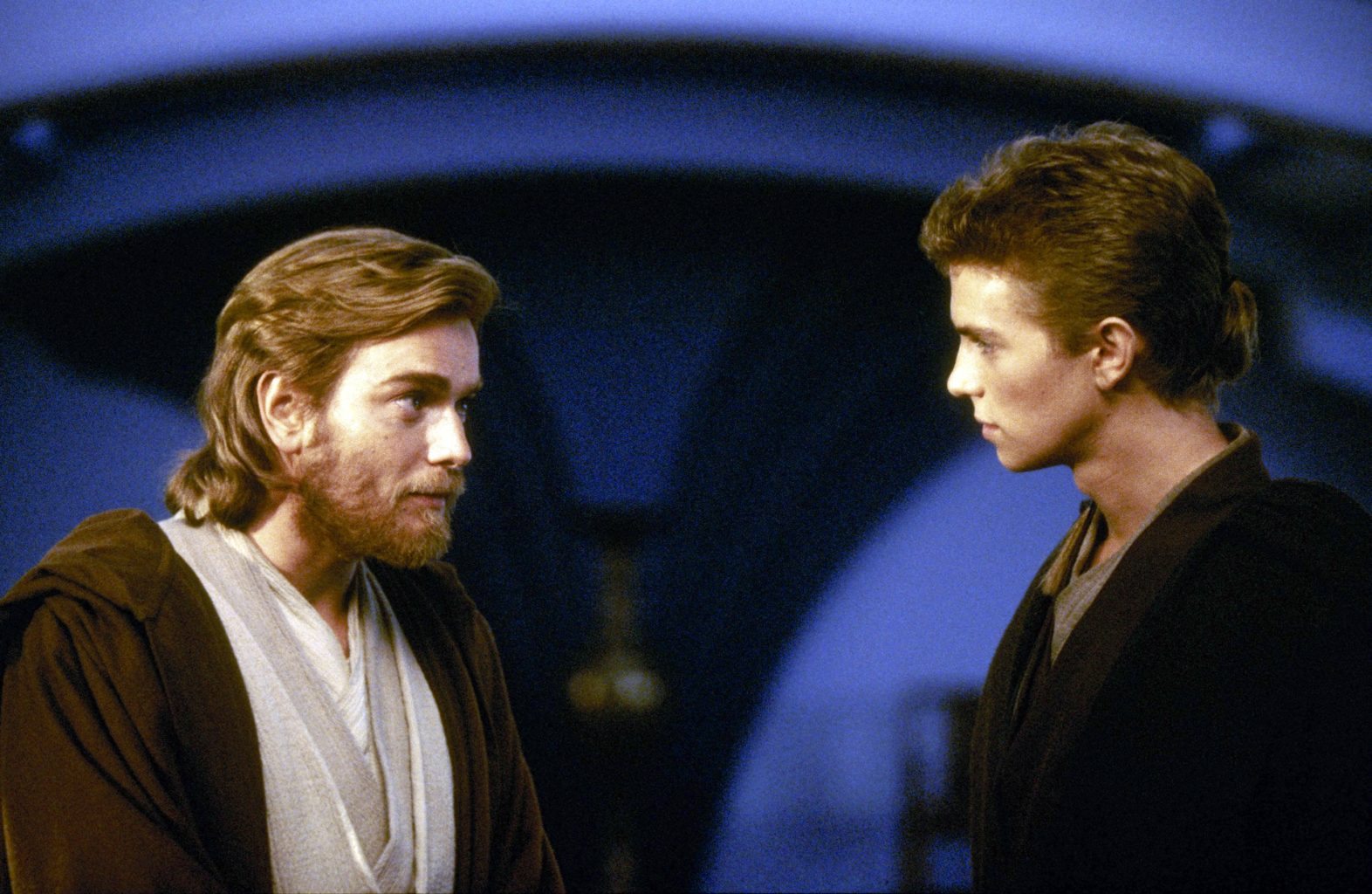
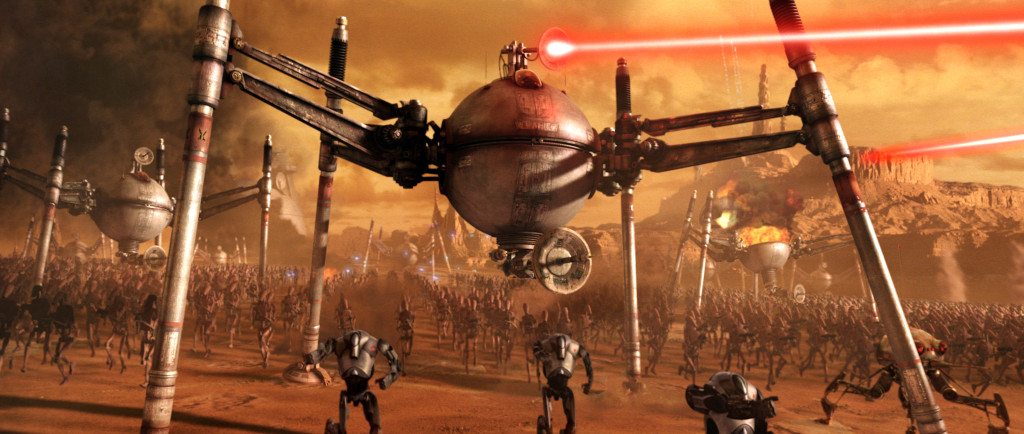
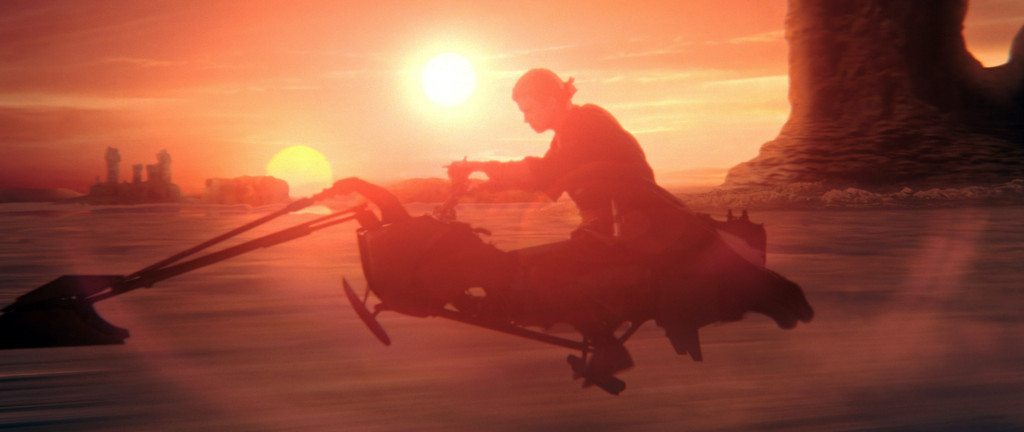
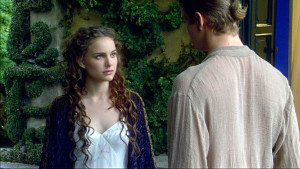
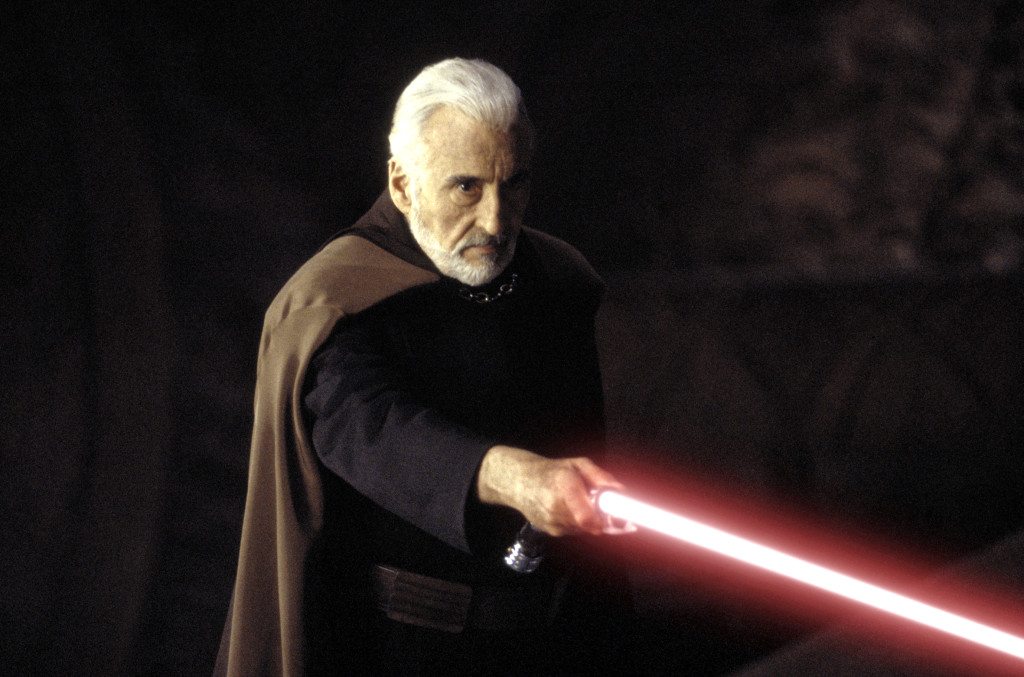
Comments